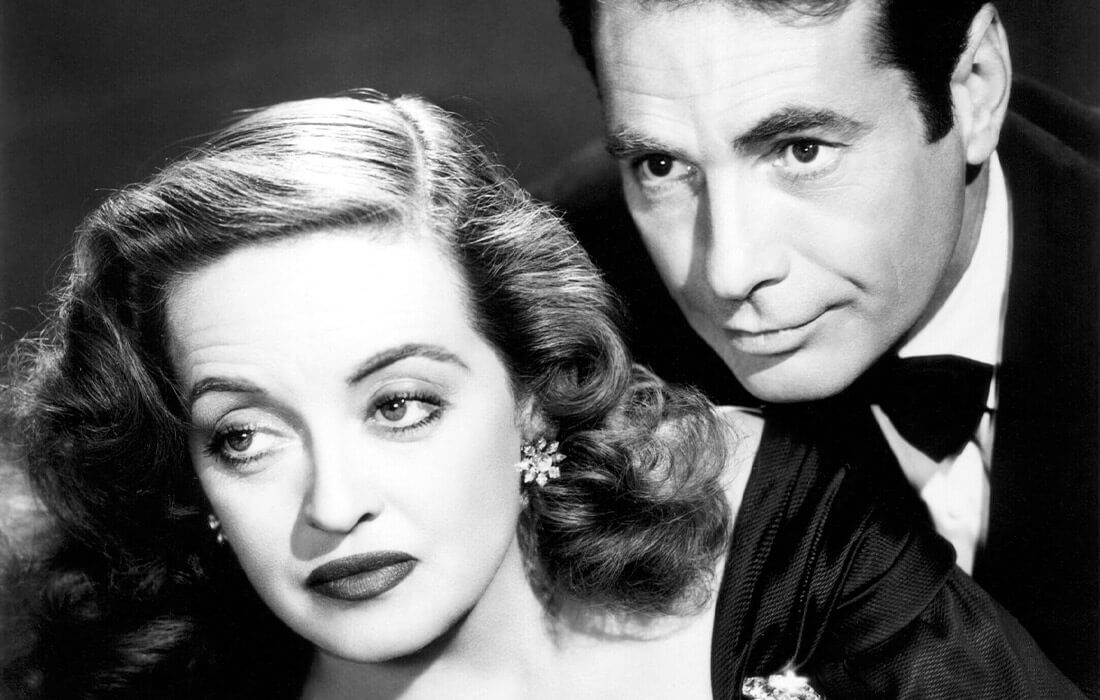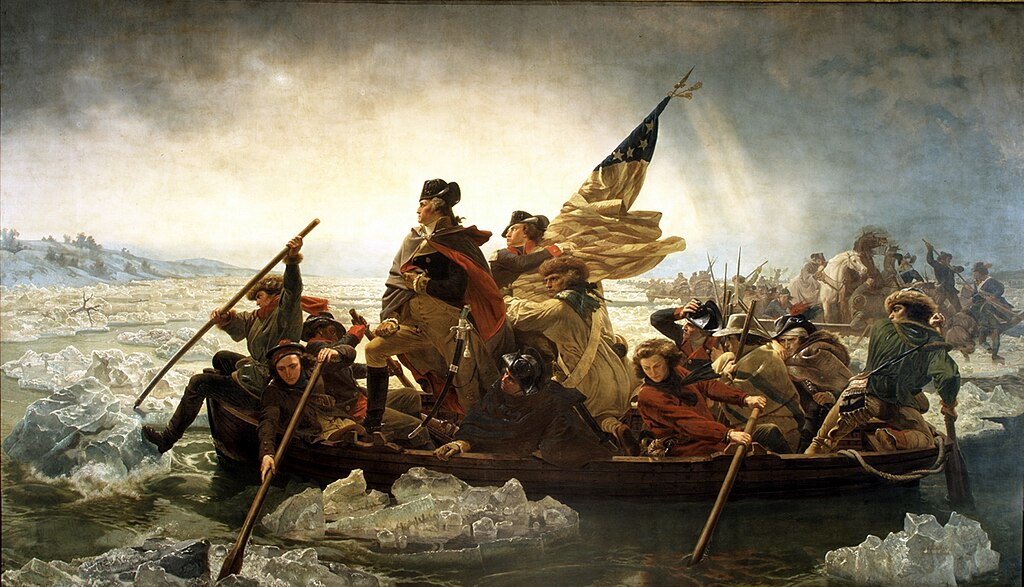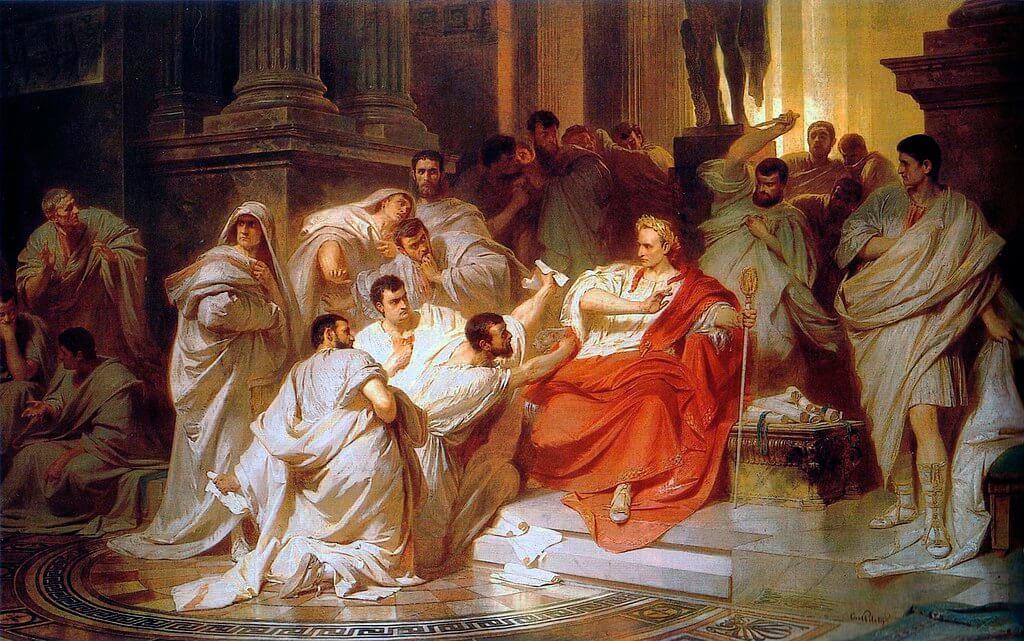
Alea Iacta Est: Julius Caesar and the Crossing of the Rubicon
The Origins of Julius Caesar
Julius Caesar was a Roman statesman, general, and author who played a pivotal role in the transformation of the Roman Republic into the Roman Empire. Born in 100 BC to a patrician family, Caesar was a member of the prestigious Julia family, which claimed lineage from the goddess Venus. His early life was filled with political and military pursuits, but it was his ambition and skill as a commander that would propel him to greatness.
The Conquest of Gaul and the War with Vercingetorix
Caesar’s conquest of Gaul (58-50 BC) remains one of the most significant military campaigns in history. His victories over the various Gallic tribes expanded Rome’s influence and territory, making it a dominant power in Western Europe. The climax of the Gallic Wars came in the form of a decisive battle against the Gallic chieftain Vercingetorix, who united the tribes against Caesar. Ultimately, Caesar’s forces emerged victorious, and Vercingetorix was captured and paraded through Rome as a trophy of war.
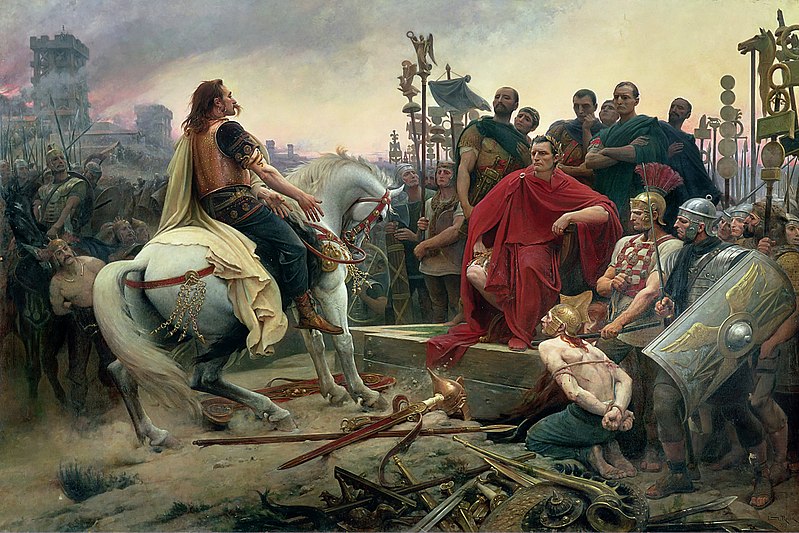
Anecdotes and Quotes from Caesar’s ‘Commentarii de Bello Gallico’
In his own work, “Commentarii de Bello Gallico” (Commentaries on the Gallic War), Caesar documented his experiences and strategies during the Gallic Wars. The book provides a glimpse into Caesar’s tactical genius, as well as the mindset of a Roman general during the time of conquest.
One interesting anecdote from the work involves a battle strategy employed by Caesar during the Siege of Alesia. When Vercingetorix and his Gallic forces sought refuge within the fortified town of Alesia, Caesar ordered his men to build a series of walls and trenches around the town. These fortifications not only prevented the Gauls from escaping but also served as a defense against Gallic reinforcements. When the Gauls attempted a desperate breakout, Caesar’s forces successfully repelled them, ultimately leading to Vercingetorix’s surrender.
The First Triumvirate and the Struggle for Power
Before Caesar’s rise to absolute power, Rome was governed by the First Triumvirate, a political alliance between Caesar, Pompey, and Crassus. The three men shared power, but their alliance was unstable and marked by rivalry. The death of Crassus and Caesar’s increasing influence led to a power struggle between Caesar and Pompey, with the Roman Republic caught in the middle.
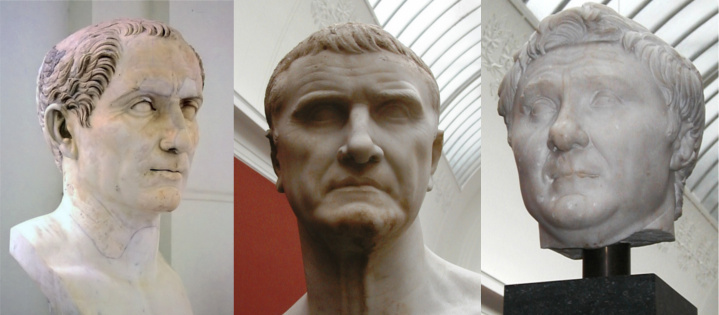
Crossing the Rubicon and the Origin of “Alea Iacta Est”
In 49 BC, Caesar found himself at a critical juncture in his political and military career. The Roman Senate, fearing his growing power and popularity, demanded that he disband his army and return to Rome as a private citizen. This was a standard practice in the Roman Republic to prevent ambitious generals from marching on Rome with their armies and seizing power. However, Caesar knew that if he were to comply with the Senate’s demands, he would likely face prosecution for his actions during the Gallic Wars and lose the power he had worked so hard to obtain.
As Caesar stood on the banks of the Rubicon River, which marked the boundary between his province of Gaul and the Italian Peninsula, he was faced with a momentous decision. If he crossed the river with his army, he would be committing an act of treason and effectively declaring war on the Roman Republic. But if he chose to disband his army and return to Rome without his loyal soldiers, he risked losing everything he had fought for.
Caesar, ever the bold and decisive leader, chose to defy the Senate and cross the Rubicon with his army. It was at this moment that he famously uttered the phrase “Alea iacta est” (The die is cast). This Latin expression has come to symbolize an irreversible decision or the point of no return.
By crossing the Rubicon, Caesar set in motion a chain of events that would ultimately lead to the fall of the Roman Republic and the rise of the Roman Empire. His actions and the consequences they brought would forever change the course of history, and the phrase “Alea iacta est” remains a powerful reminder of the significance of that fateful decision.
Caesar’s Victory and the Ascension to Absolute Power
Following his crossing of the Rubicon, Caesar engaged in a series of civil wars against his former ally, Pompey, and the forces of the Roman Republic. Caesar emerged victorious, consolidating his power and effectively ending the Roman Republic. He was declared dictator for life in 44 BC, but his rule was short-lived as he was assassinated just one year later. Nonetheless, Caesar’s actions and legacy had a lasting impact on Rome, paving the way for the rise of the Roman Empire.
Quiz: Latin Phrases and Their English Meanings


